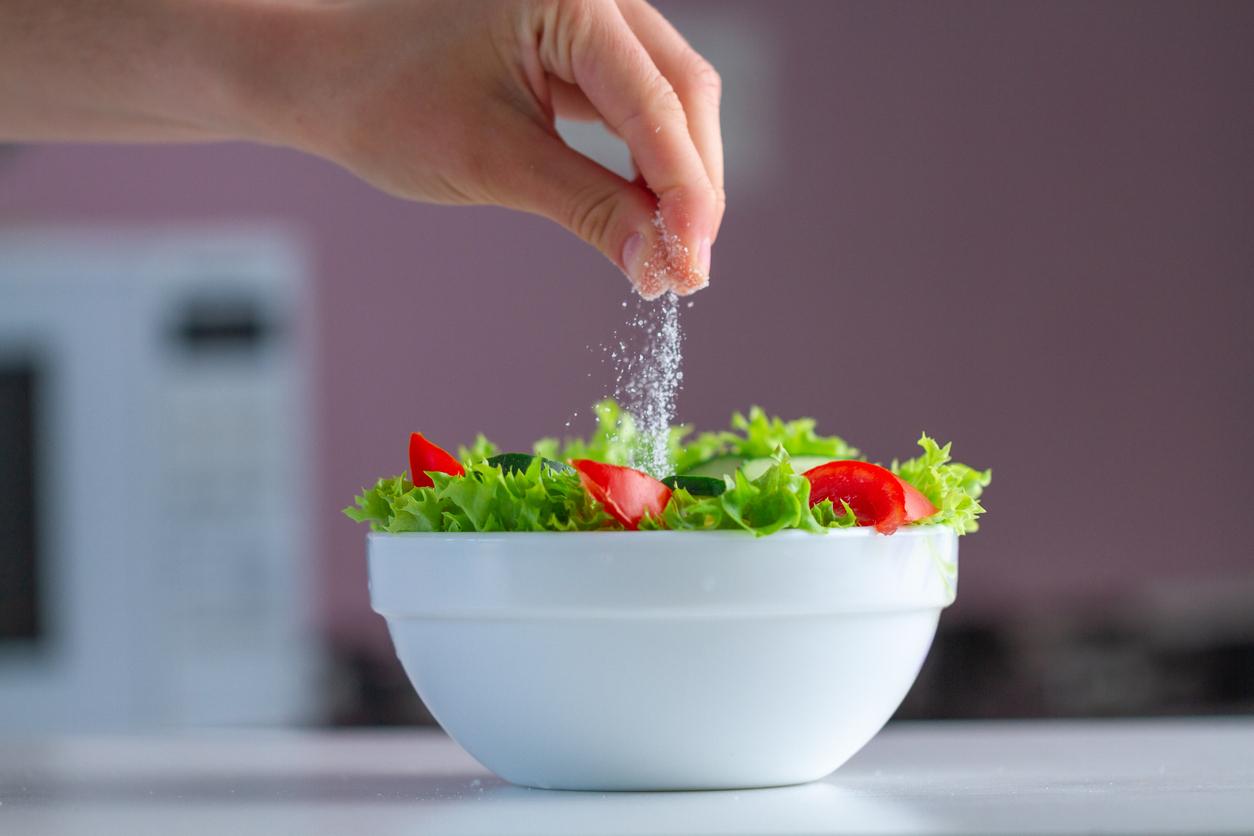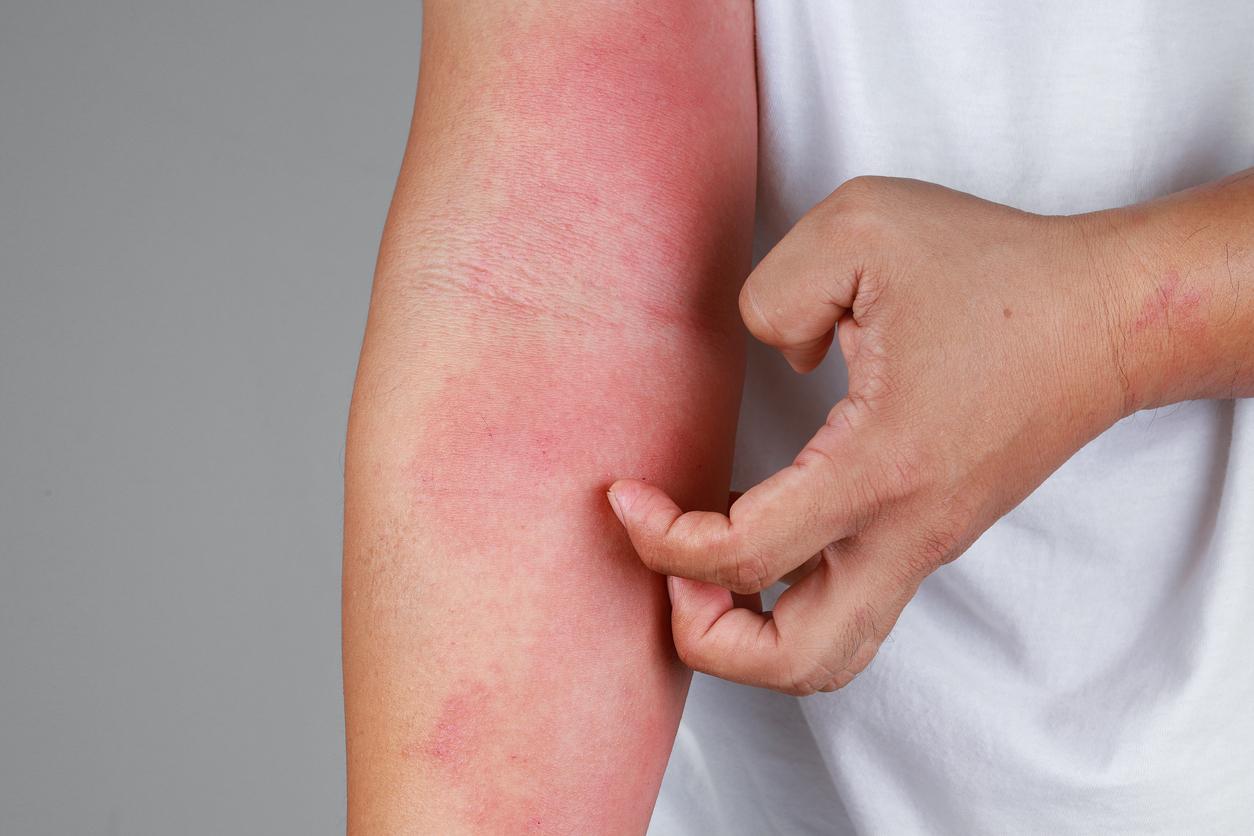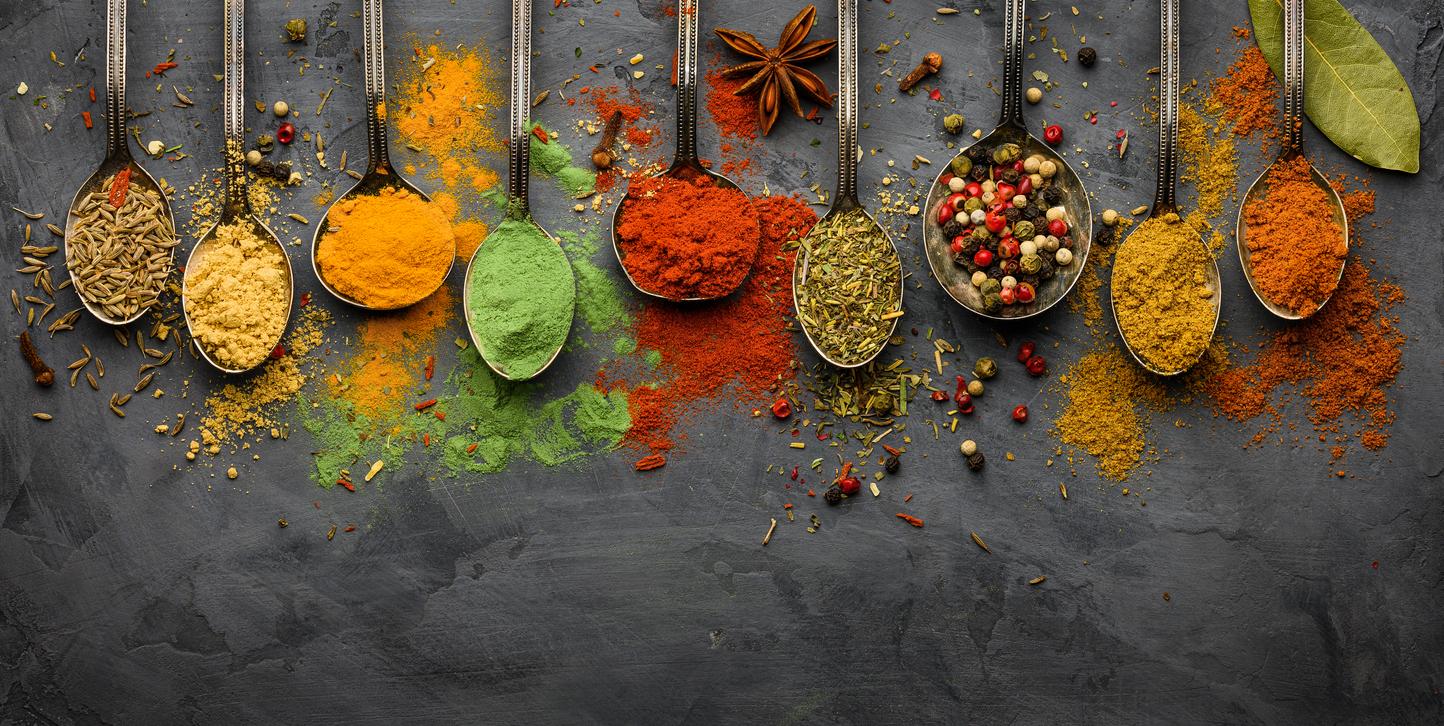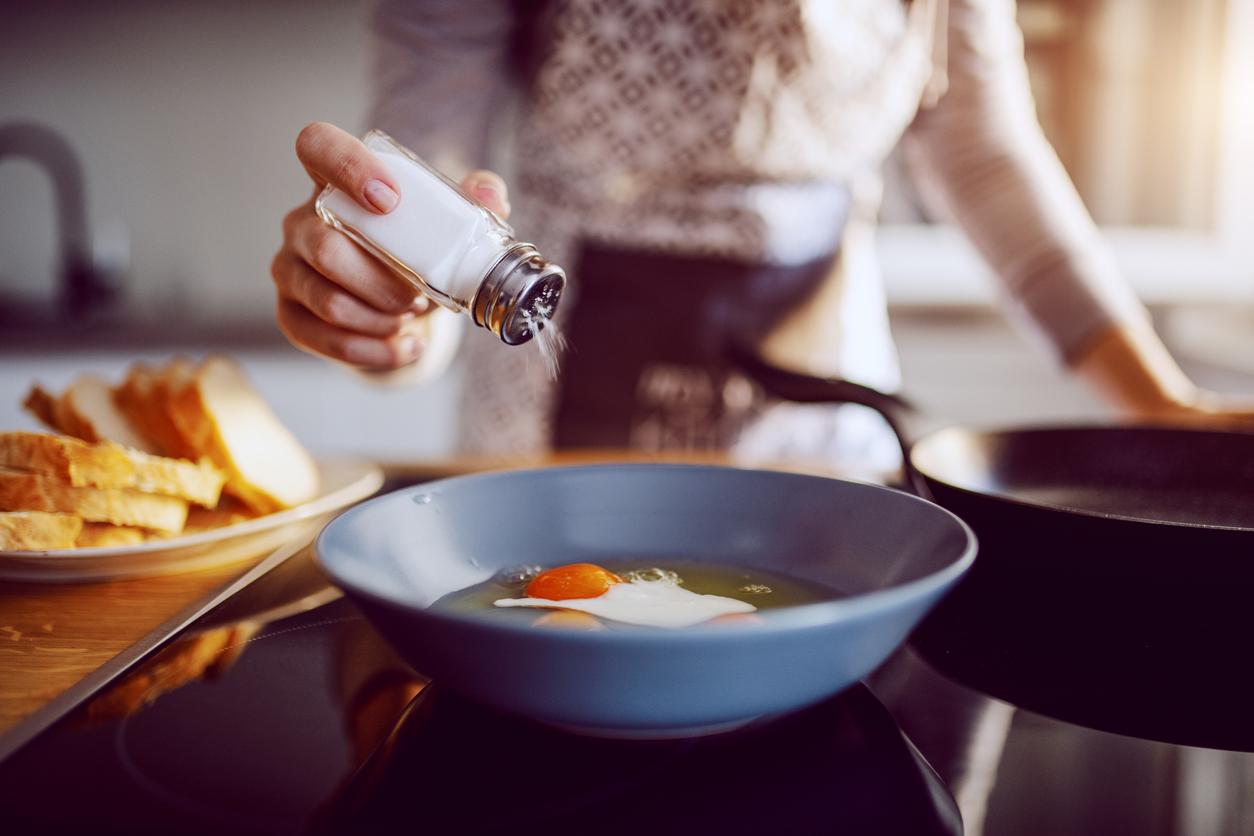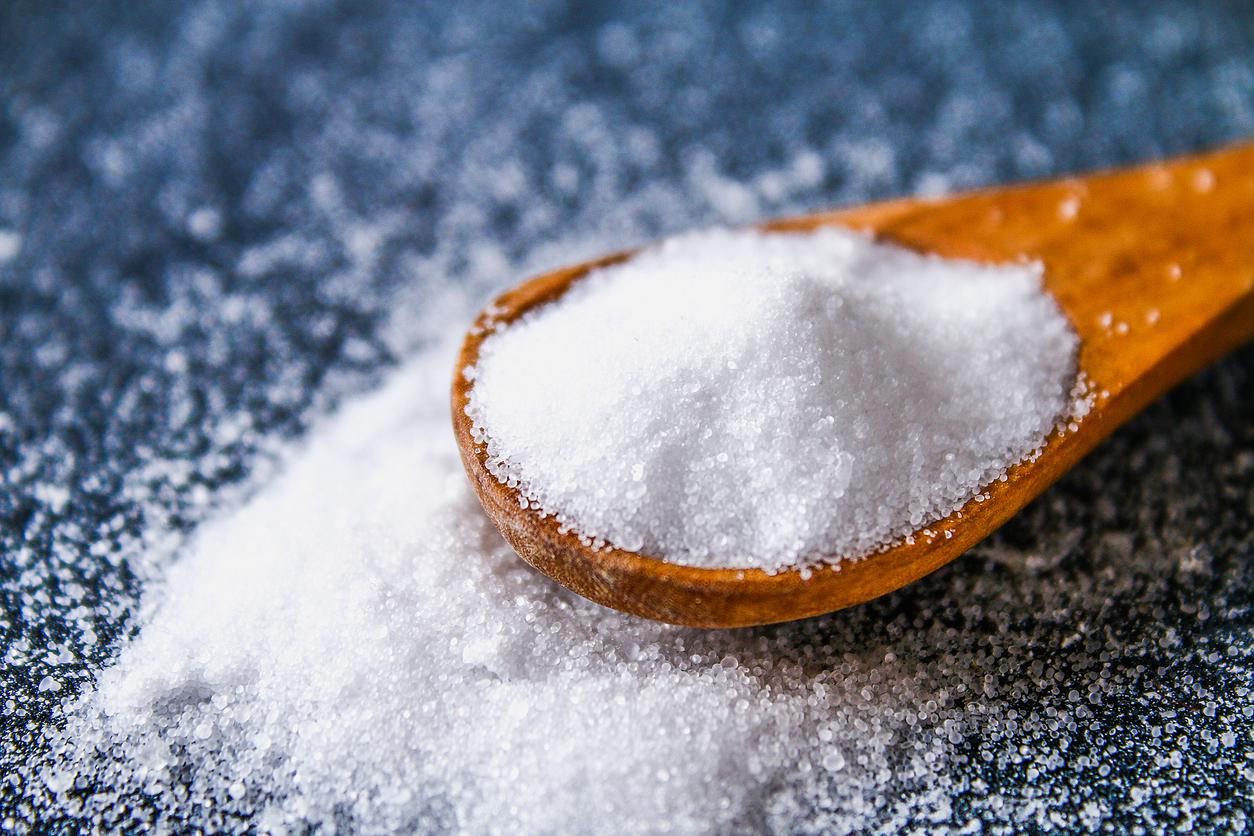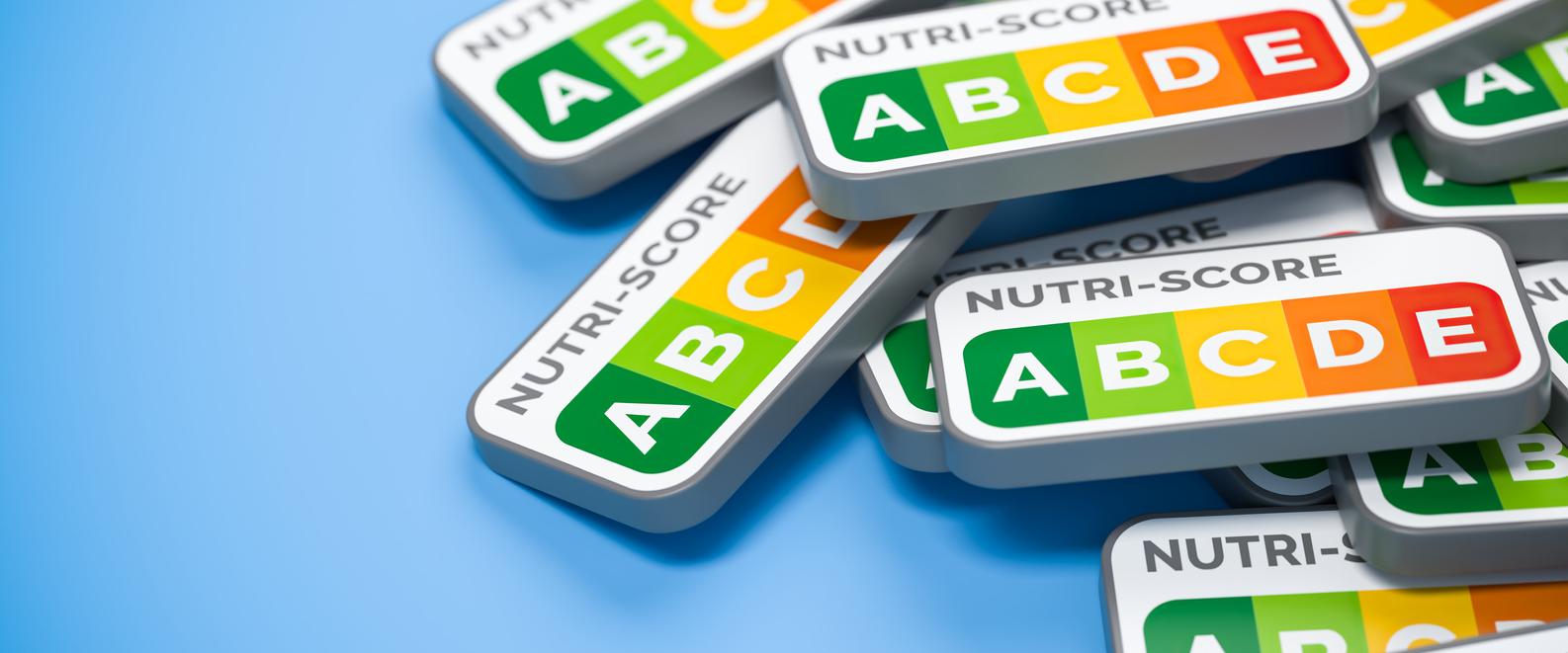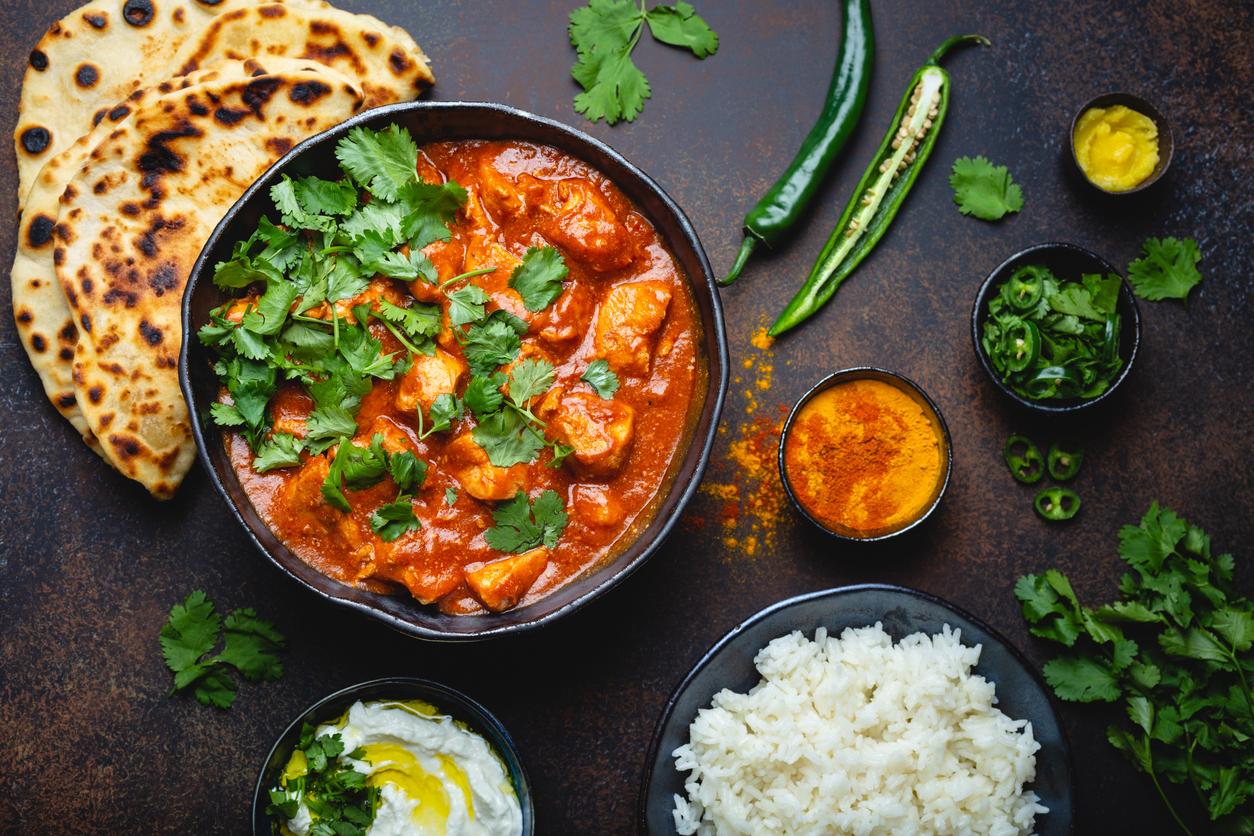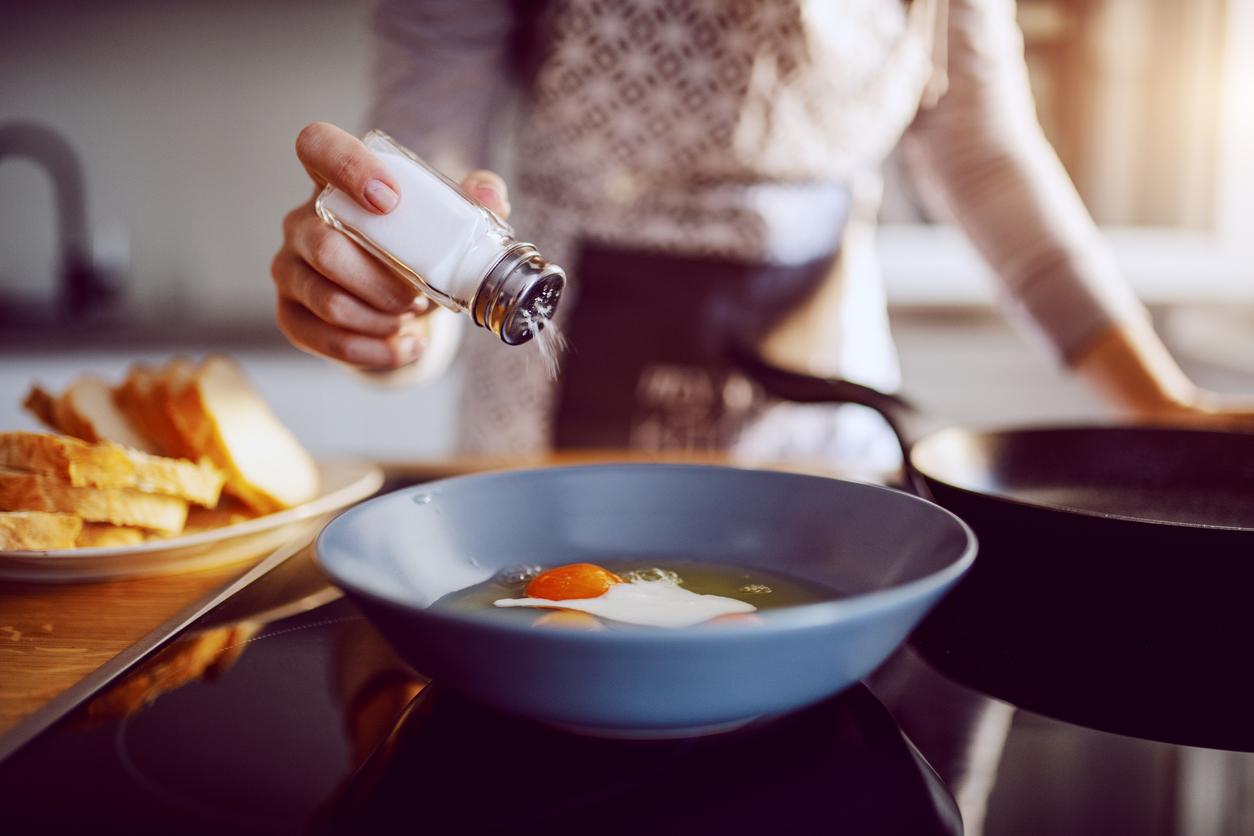Putting spices in dishes instead of salt helps reduce sodium intake. An essential gesture for patients suffering from cardiac problems.
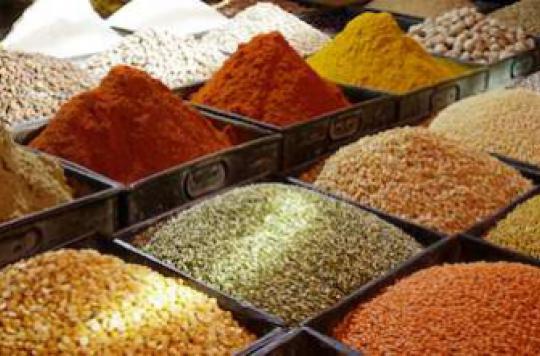
For people with high blood pressure, reducing salt intake is extremely important. Excess salt increases the risk of cardiovascular disease. Many diets recommend limiting its use, but patients are often confused to find an alternative to supplement meals. Especially since the prepared products are often rich in sodium. Researchers at the University of San Diego have found part of the answer.
Compensate for salt intake
For the purposes of this study presented by the American Heart Association, Cheryl Anderson, author and professor of preventive medicine at the University of San Diego, decided to study 55 participants mostly with hypertension (60 %), diabetes (18%) and overweight. The study took place in two phases.
At first, the 55 “guinea pigs” began a diet with a low sodium intake. The dishes they ate during the four weeks were provided by Pr Anderson’s teams. As a result of this diet, participants saw their sodium intake drop from 3.450 mg / day to 1.656 mg / day. Secondly, the group was split into two. On the one hand, one party went on a 20-day program to learn how to keep their sodium intake around 1.5 mg / day by using spices and herbs in place of salt. The rest of the group had to try to reduce their sodium intake on their own.
Although the whole group saw their sodium intake increase during the second phase, the people who followed the program (spices) consumed 966 mg / day less sodium than the people who tried to reduce their sodium level alone.
The results show that teaching people to season their food other than with salt can dramatically reduce sodium intake.
Raise awareness of new techniques
Cheryl Anderson admits, “Salt is in abundance in all products and the average level of sodium intake per American is very high – much higher than recommended for healthy living.” In France, the problem is the same. The French consume 8.7g of sodium daily for men and 6.7g for women. Which is clearly too high compared to the 5g of sodium per day recommended by the World Health Organization.
To reduce this consumption, the specialist from the University of San Diego, recommends to apply the program tested during the study: to teach participants to consume better spices, to pay attention to the type of food to take away and to monitor its consumption. sodium.
No particular type of spice is recommended, researchers recommend trying them all and then choosing.
.









